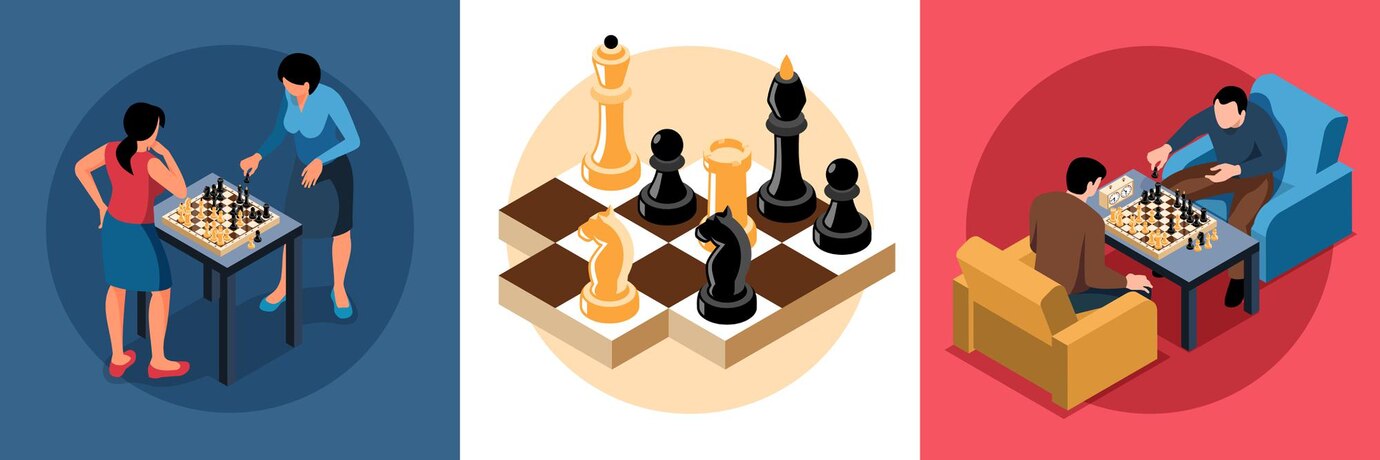“I always saw it as just another board game, like Ludo or others,” remarked a desperate parent.
Not long ago, during a conversation with parents about the immense benefits of chess, one unique parent was so impressed that she couldn’t wait to introduce the game to her family. Like Mrs. B, many people view chess as just another game because they are unaware of its profound benefits.
Chess is a game that defines a certain level of intellectual engagement, much like golf. We often associate golf with individuals who have a “heavy wallet” – a phrase well-understood by Ugandans as being linked to the affluent. Similarly, chess is associated with smart and strategic thinkers. As the old saying goes, “If you walk with two wise people, you are likely the third one.” Chess players tend to handle life’s challenges differently, with a unique perspective and strategic approach.

How It All Started
For those of you who have attempted to play chess, you’re familiar with how the pieces are named and arranged. This structure is rooted in the game’s origins. Chess began as a story of two kingdoms in ancient India, invented to help one kingdom win battles. The pieces represent different roles in the kingdom’s army, such as the king, queen, knights, and pawns.
Just like in its historical context, everyone has battles in life, and this game provides strategies to help us win those battles.
Why Chess Matters Today
In our tech-driven world, chess offers timeless benefits that can bring back the lost glory of families. Over the rest of this month, we’ll explore the game of chess, its numerous benefits, and how it can positively impact our lives.
Here are a few ways chess can guide our life’s choices:
- Enhancing Cognitive Abilities: Chess requires strategic thinking and problem-solving, skills that are valuable in everyday life.
- Improving Concentration and Focus: The game demands intense focus, which can improve overall attention span and productivity.
- Fostering Patience and Discipline: Success in chess, like in life, requires patience and careful planning.
- Encouraging Creativity: Players often find themselves in unique situations that require innovative solutions.
- Building Resilience and Perseverance: Handling wins and losses gracefully in chess builds resilience, a crucial life skill.
The Journey Ahead

For the rest of the month, we will delve into the intricacies of chess, uncovering its benefits and learning how this ancient game can serve as a modern tool for personal and familial growth. Whether you’re new to the game or a seasoned player, there’s always something new to learn and apply in life.
Join us on this journey, and let’s rediscover the timeless wisdom and strategic brilliance that chess has to offer. Together, we can make chess a cherished part of our lives and our families, guiding our choices and enriching our experiences. Happy learning!
Author
Gumoshabe Claire Mutebi
Lead Chess Trainer
Redea TECH Academy

